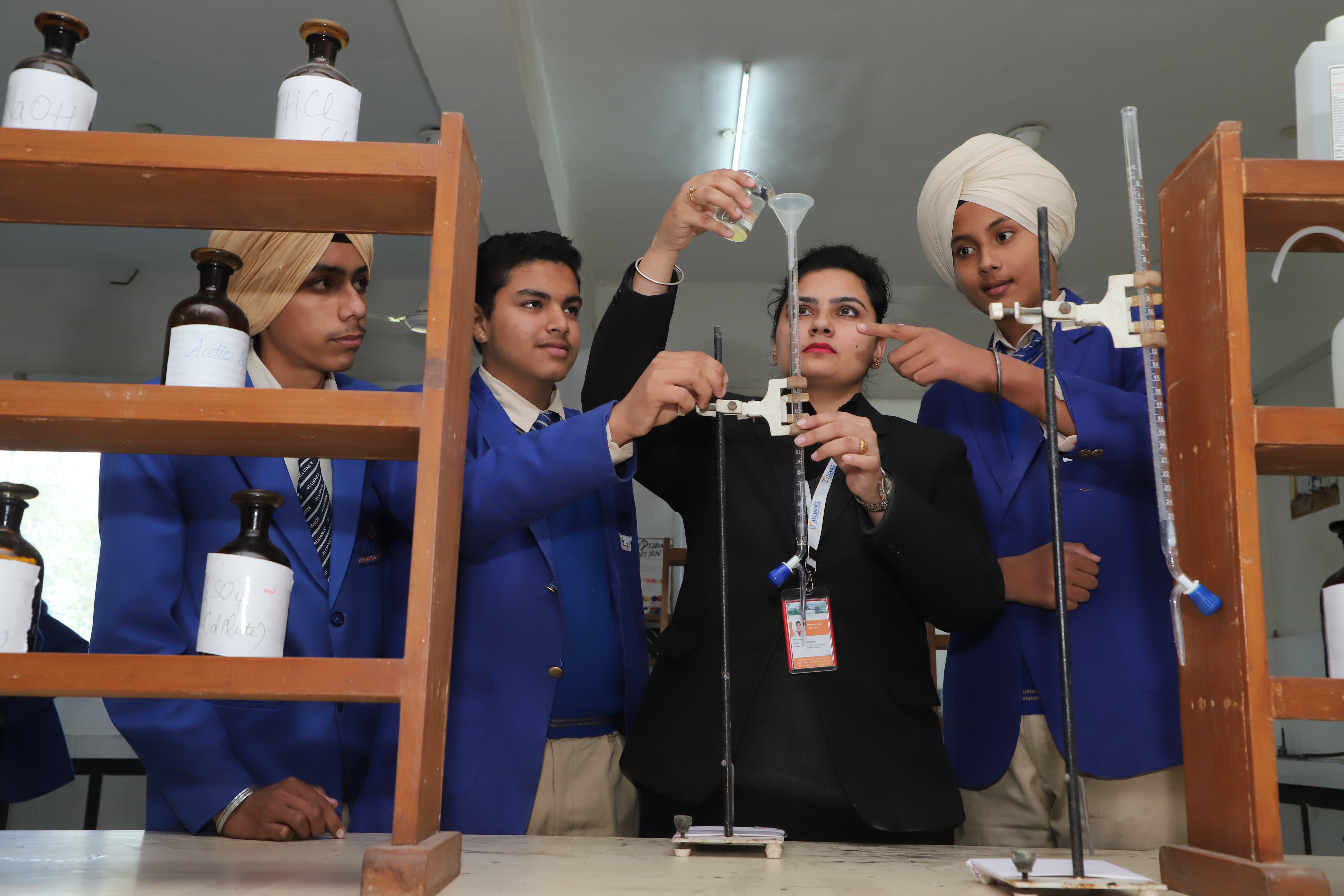Traditional study materials are designed with the assumption that teachers will instruct, and students will adhere to them. In Alliance curriculum, children often learn by themselves. Teachers are facilitators.
Children learn through application and discovery, making deductive and visually rich study materials and student-friendly textbooks more effective than traditional ones.
A year's coursework is segmented into semesters and periods, which lightens the workload. Children find satisfaction in completing each semester and eagerly anticipate the next one.
Each semester focuses on mastering specific topics, allowing children to cover more material in the same timeframe compared to traditional textbook/workbook/notebook combinations. This division of a year's coursework better aligns with a child's psychology.
Research shows that if we double the thinking time, we double a child's performance.
At the end of each semester or periods there is a diagnostic test for evaluation.
After gaining tactile understanding, children proceed to engage with "creative worksheets" designed in visually creative ways, encouraging self-learning and discovery. Each unit is subdivided into short modules, progressing from easy to difficult, with additional practice sessions dedicated to enhancing speed and accuracy. Even challenging subjects like Mathematics and English grammar become engaging for each child, fostering effective and joyful progress and intrinsic motivation.

Hostel life at Alliance International School offers students a nurturing residential environment where they live, learn, and grow together beyond the classroom. The school provides well-maintained boarding facilities for both boys and girls, with options that cater to students seeking a structured “home away from home” experience. Boarding at AIS includes comfortable accommodation, nutritious meals, and a supportive community that helps students develop independence, responsibility, and lifelong friendships.
Accommodation and food are part of the boarding package, with hostel fees covering both room and dining arrangements tailored to the needs of day-cum-residential students.
The boarding facilities operate within the school’s secure campus setting, ensuring safety and well-being while offering opportunities for students to balance academics, extracurricular activities, sports, and personal growth throughout their stay.
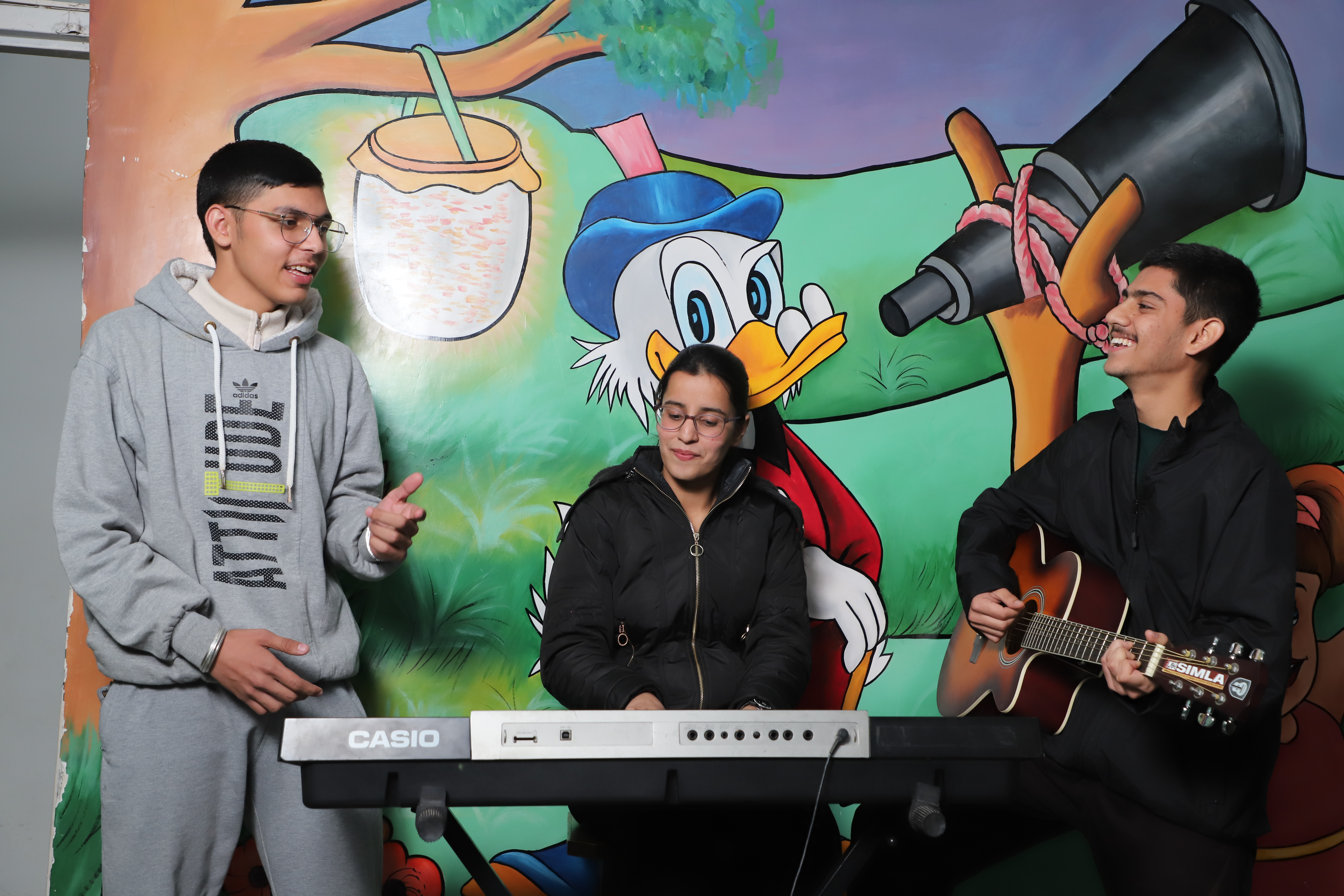
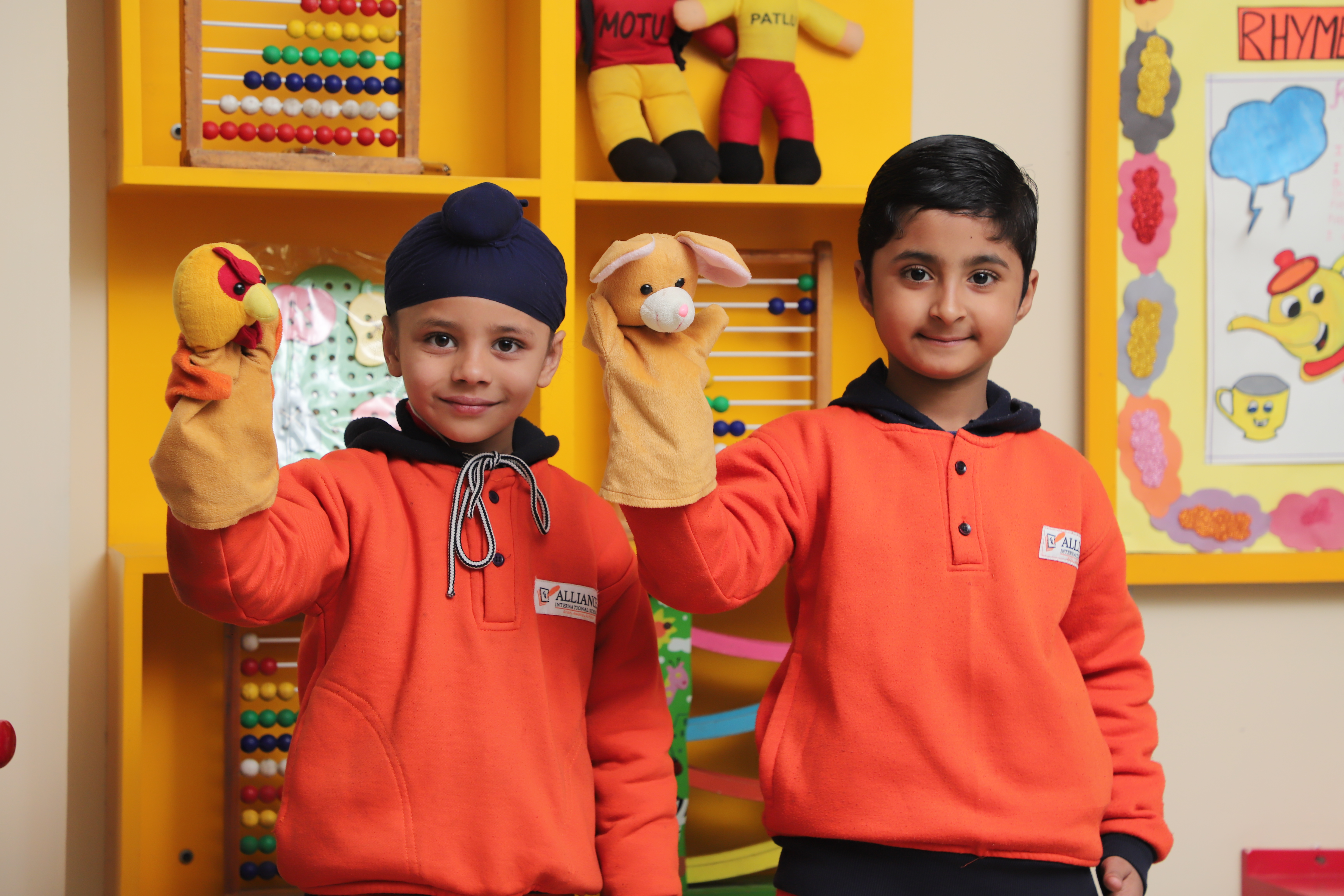
Like music, art is deeply embedded in the school curriculum. Students are highly encouraged to explore various mediums for self-expression with freedom. While we promote freedom, it is complemented by a well-structured and supervised curriculum and guidance. The Art and Craft club embodies this philosophy and is expressed through regular art exhibitions that celebrate diversity in culture, thought, and spirit.
Mock United Nations and Parliamentary Debate Competitions were initiated as a formal society at Alliance International School. Today the MUN and PDC club has the largest pool of student enrolments. Each year- a new set of eager debating enthusiasts join this globally platform. Office bearers to the Alliance International School MUN Secretariat and Organising Committee are elected through a transparent and democratic process. The annual Alliance International School MUN and PDC has participation from leading schools across the country and offers participants a unique experience that encompasses panel discussions, concerts featuring world renowned artists and an opportunity to meet with prominent leaders.
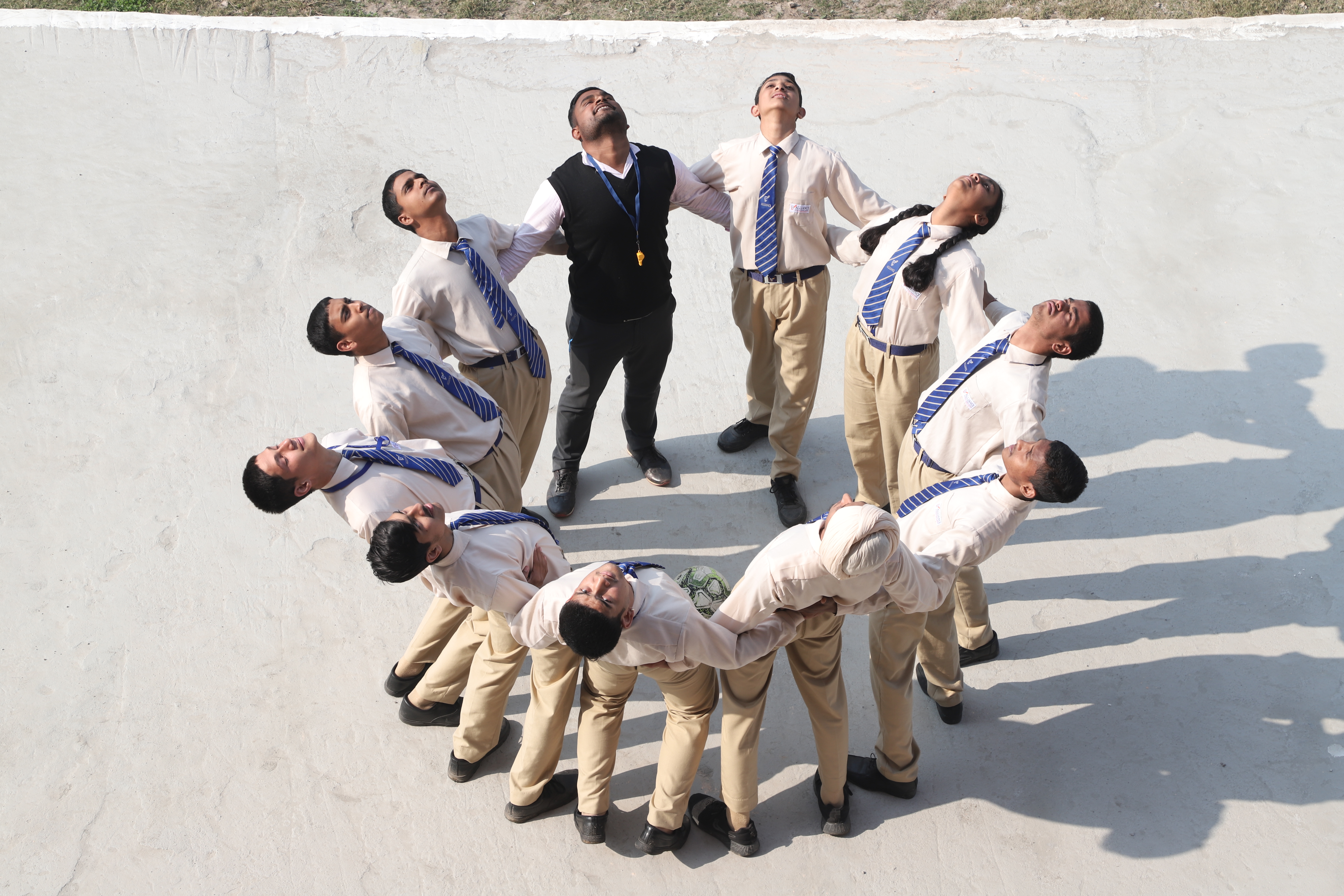
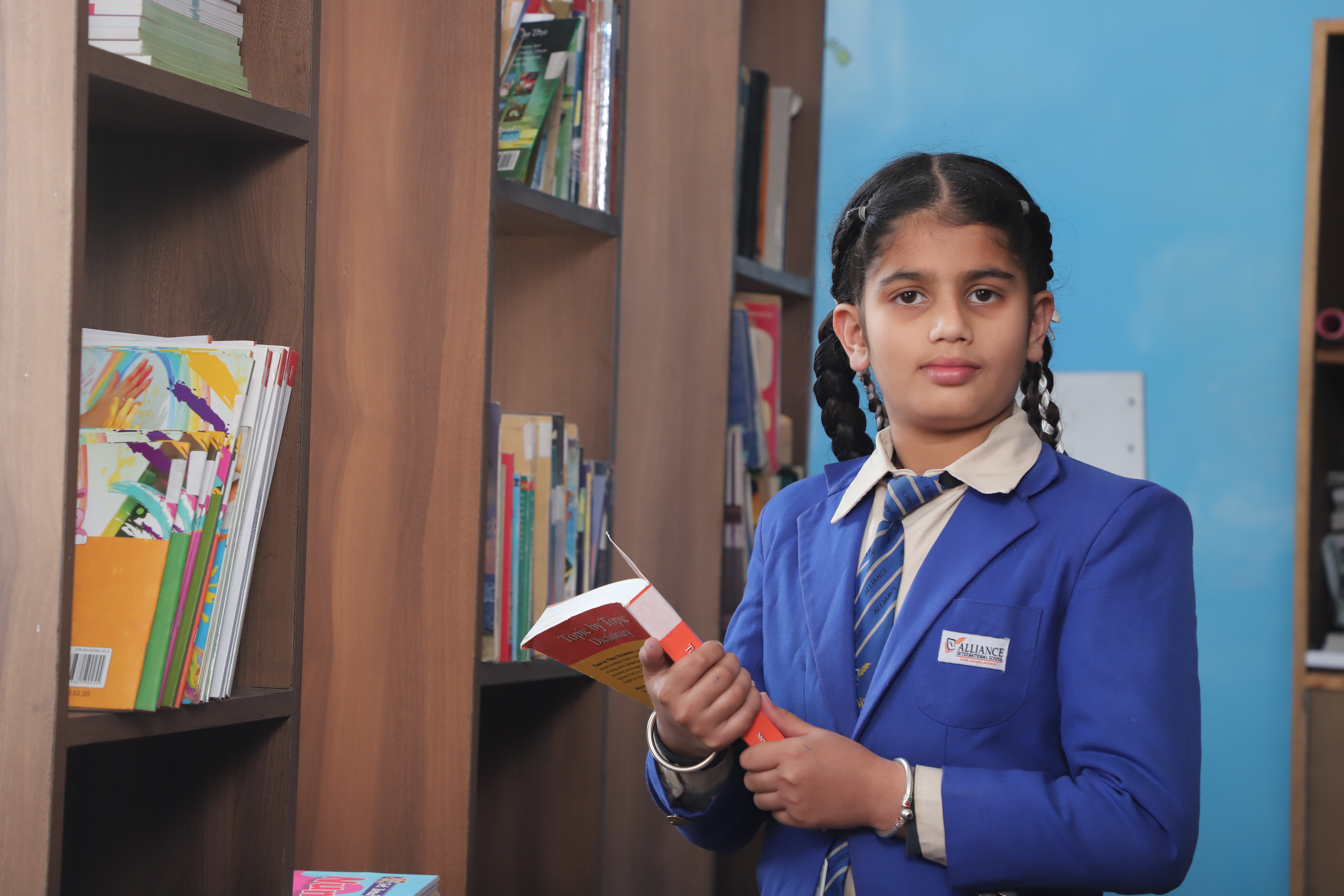
The Literary society nurtures public speaking, debating, elocution, creative writing and all other literary pursuits in Hindi and English. The culmination of the year-long work by the Language Department is showcased through two events – the interschool Wordsmiths and the inter-house Shiladhaar. New genres of speech, writing and oratory are explored and celebrated.
Additionally there is regular Quizzing that caters to the diverse interests of the students and includes Spell Bees, Just A Minute, Trivia and other formats designed to build interest in the finer details and to sharpen skills of collation and recall of information that defines the calibre of every quiz master in the making.
Activity-based learning at our school focuses on helping students understand concepts through hands-on experiences rather than passive listening. Instead of simply absorbing information, students engage directly with tasks, experiments, projects, and real-life problem-solving activities that make learning meaningful and memorable. This approach encourages curiosity, collaboration, and critical thinking as students work individually and in groups to explore ideas and discover outcomes on their own.
Subjects and Specializations: Activity-based learning is integrated across disciplines such as science, mathematics, languages, social studies, and computer science. Each activity is designed with clear learning objectives and supported with relevant materials, manipulatives, and tools, ensuring that students connect theoretical concepts with practical application. This method helps strengthen understanding, boosts retention, and builds confidence by allowing students to learn through doing.
